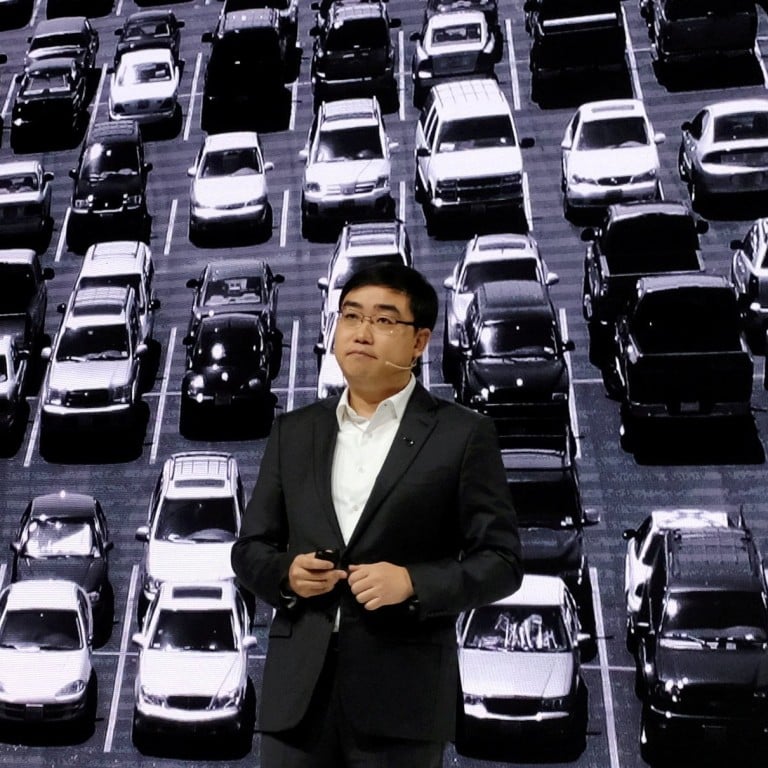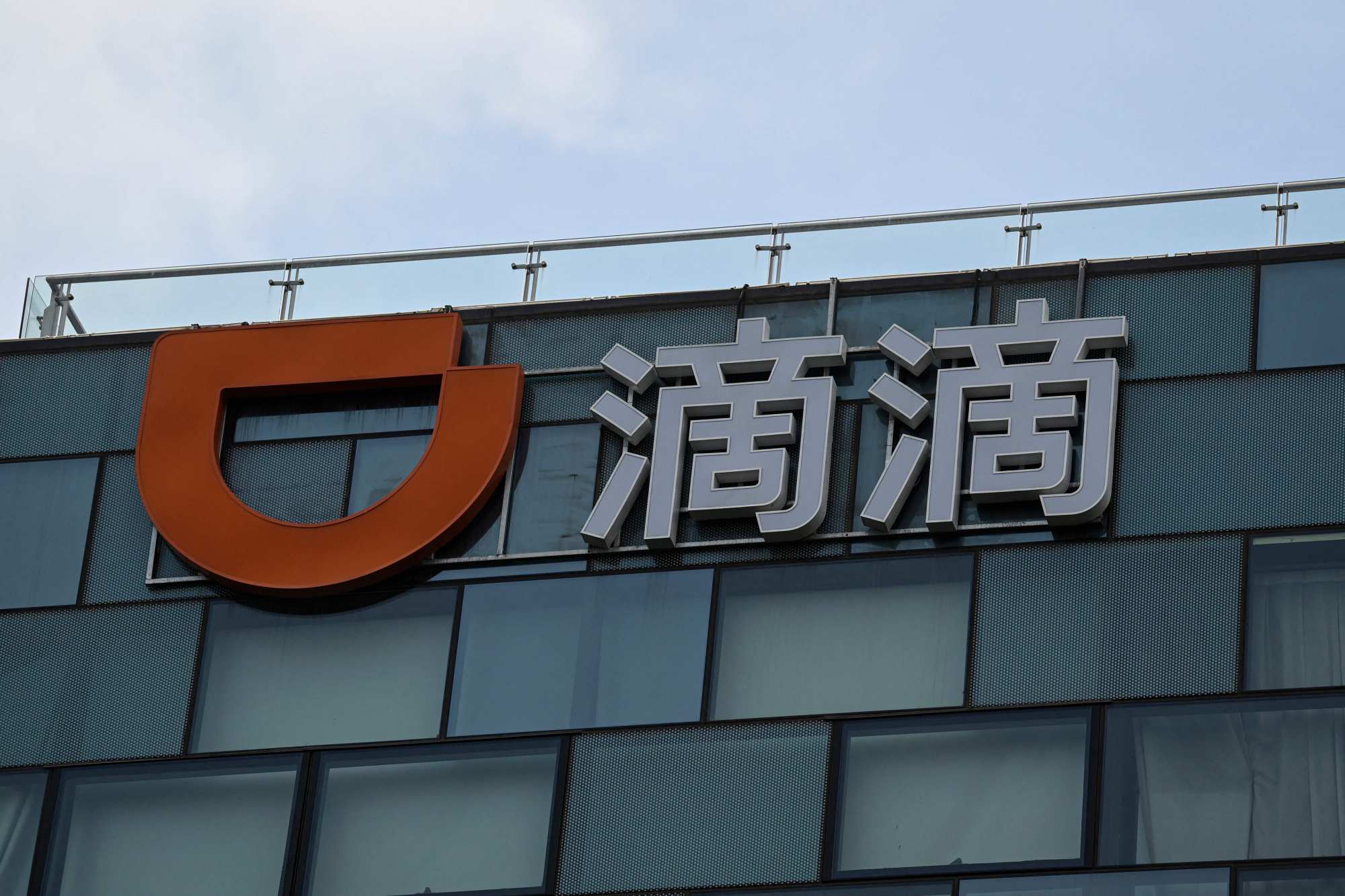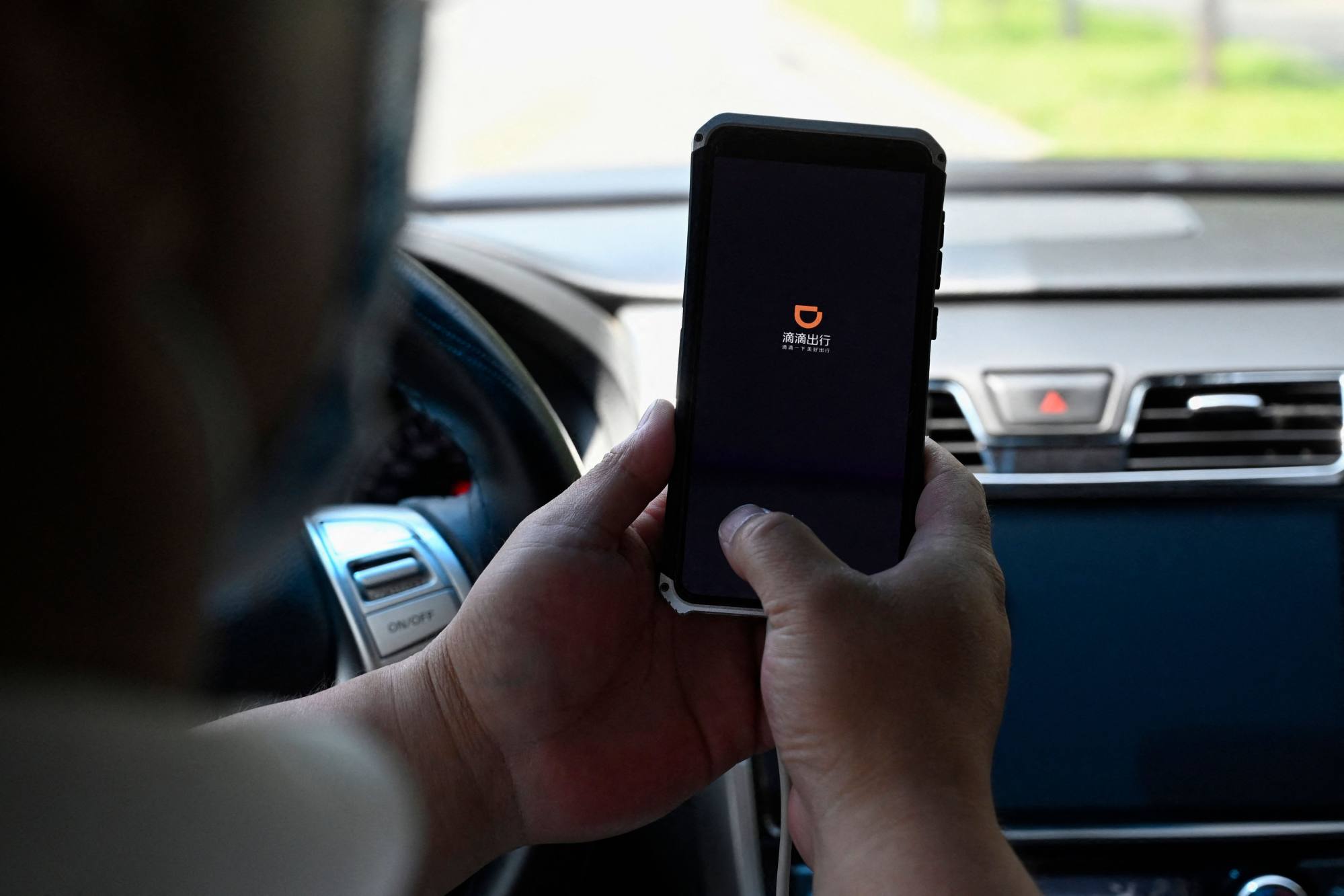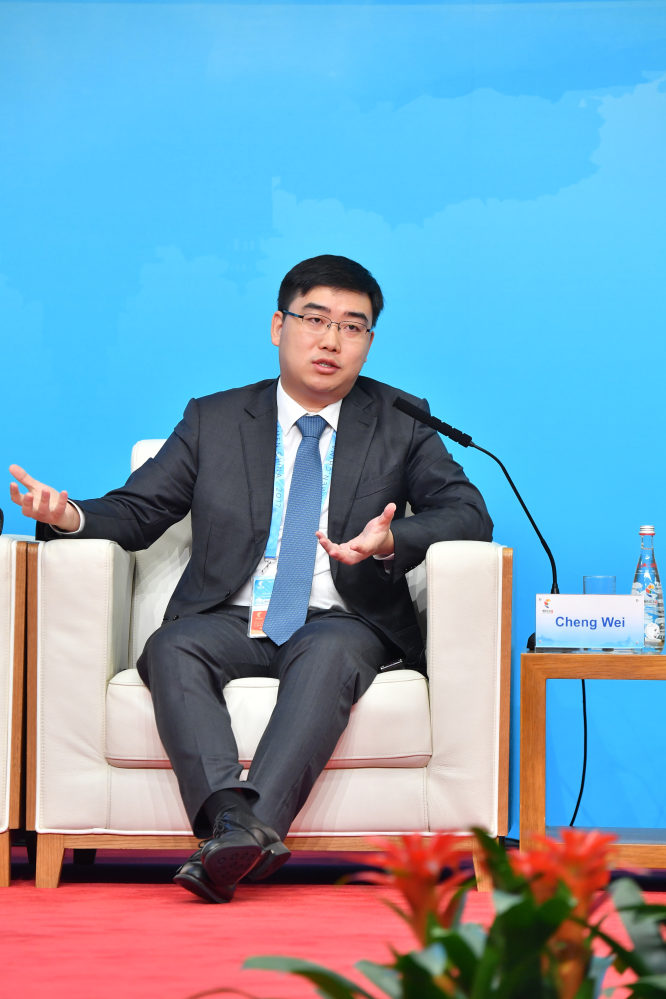How did Didi beat Uber in China? Founder Cheng Wei built his ride sharing app from the ground up – now he’s a billionaire

Most of us are familiar with the likes of Grab and Uber for ride-hailing and sharing, but in China, Didi Chuxing is the ride hailing platform of choice, with a whopping 90 per cent share of the market. As a result, Cheng Wei, the company’s 38-year-old founder, is believed to have a net worth of US$1.2 billion, according to Forbes.
The platform recently took a hit: after debuting in the American stock market, offering the largest IPO in New York this year, it swiftly came under investigation by China’s cyberspace administration. The app was even removed from app stores, and new user registration ground to a halt.
But despite this setback, Cheng has enjoyed huge success with the company over the years, making him one of the wealthiest and most influential CEOs in China. So just how did he do it?
Inside Shah Rukh Khan’s Delhi home – once part of an Airbnb competition
Cheng was born in 1983 in Shangrao in China’s southeastern Jiangxi province. After graduating from the Beijing University of Chemical Technology with a degree in administration, he took on the role of assistant to the head of a massage company. Just one year later in 2005, however, he quit to join Jack Ma’s Alibaba (the owner of the South China Morning Post).

Cheng joined the sales team at Alibaba and, thanks to his great job performance, began to rise through the ranks, becoming the youngest regional manager at the company. Six years later, Cheng was promoted to deputy general manager of the e-commerce platform Alibaba.
Crazy rich Indian mansions – from Ambani’s Antilia to SRK’s Mannat
Then, in 2012, Cheng left Alibaba to register his own company, Beijing Orange Technology Co. It was his first step toward launching Didi Dache, which went on to become today’s Didi Chuxing.
The road to market domination was not an easy one, however, and at first Cheng had difficulty capturing the hearts of potential users and recruiting drivers. Even his friend Wang Xing, the CEO of Meituan-Dianping, is believed to have told him his idea likely wouldn’t work.

The turning point for Cheng came during a snowstorm in Beijing, according to Gelonghui. Hailing a cab on the street was virtually impossible, and people began to download the Didi Dache app in bigger numbers.
In 2013, Cheng received US$15 million worth of funding from Tencent, allowing him to increase daily ride orders by multiple times. But he still faced stiff competition from his rival, Kuaidi Dache, which at the time was backed by money from Alibaba. Eventually the two companies merged in 2015 into Didi Kuaidi, and later became Didi Chuxing.
Which Indian billionaire earned more than Elon Musk this year?

In 2016, Cheng acquired Uber China, and from that point on the company began to really move into the big leagues, expanding not just in China but across the world. By 2017, Chinese news agency Xinhua reported that Didi Chuxing had completed a total of 7.43 billion rides across 400 cities across China.
Meet the 5 women competing for the title of China’s richest woman
In 2018, Cheng upgraded Didi Chuxing’s safety and security system after two attacks on female passengers by drivers, and pledged to invest US$20 million in upgrading its services. This year, Didi was named one of the most influential companies in the world by Time magazine, and now has operations in a total of 16 other countries, including Brazil, Mexico and Russia.
Want more stories like this? Sign up here. Follow STYLE on Facebook, Instagram, YouTube and Twitter.

- He did a stint at Jack Ma’s Alibaba and got US$15 million in funding from Tencent for Didi – now he’s worth US$1.2 billion at the age of just 38
- The biggest ride sharing app in China recently made its US stock market debut, but came under investigation by China’s cyberspace administration